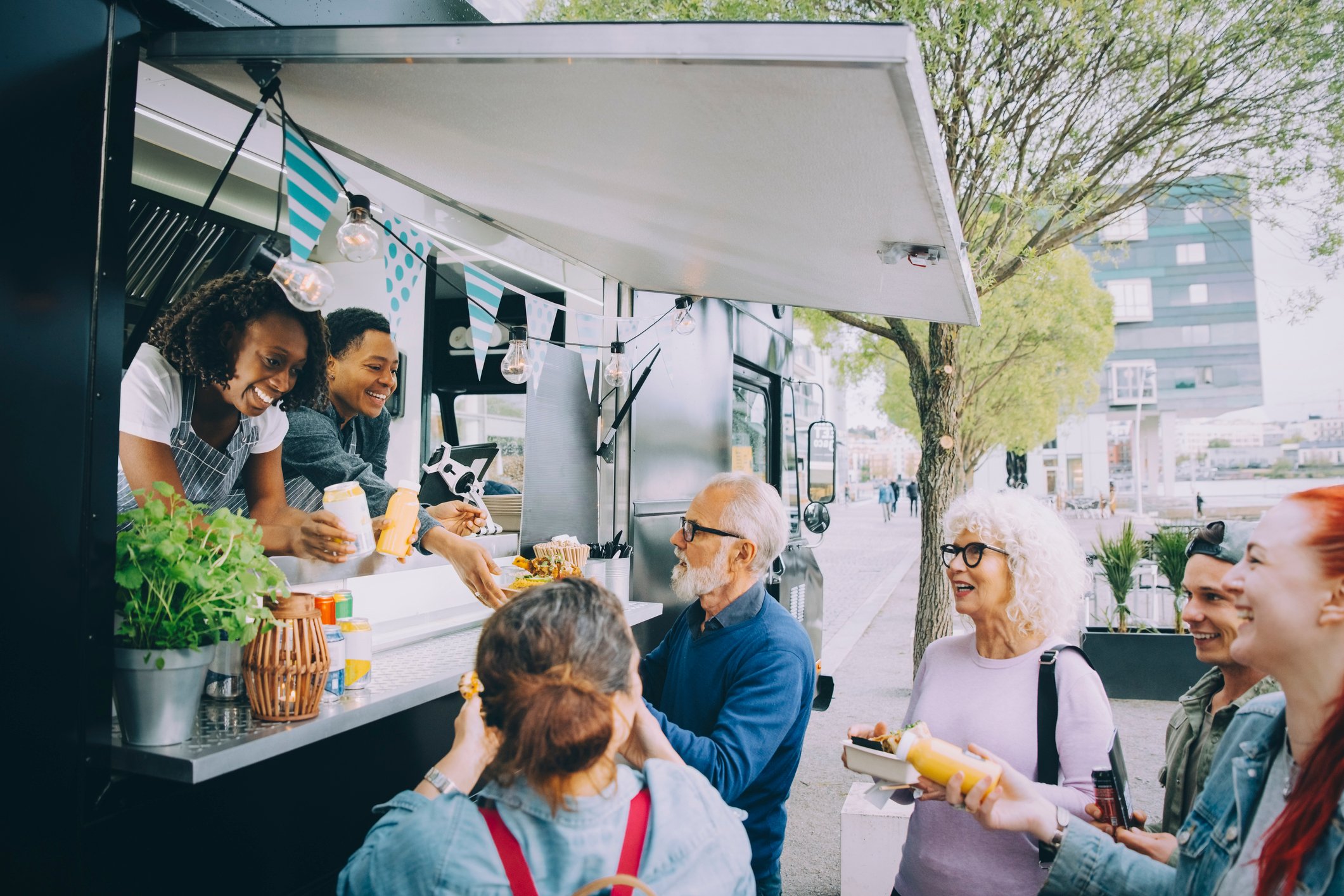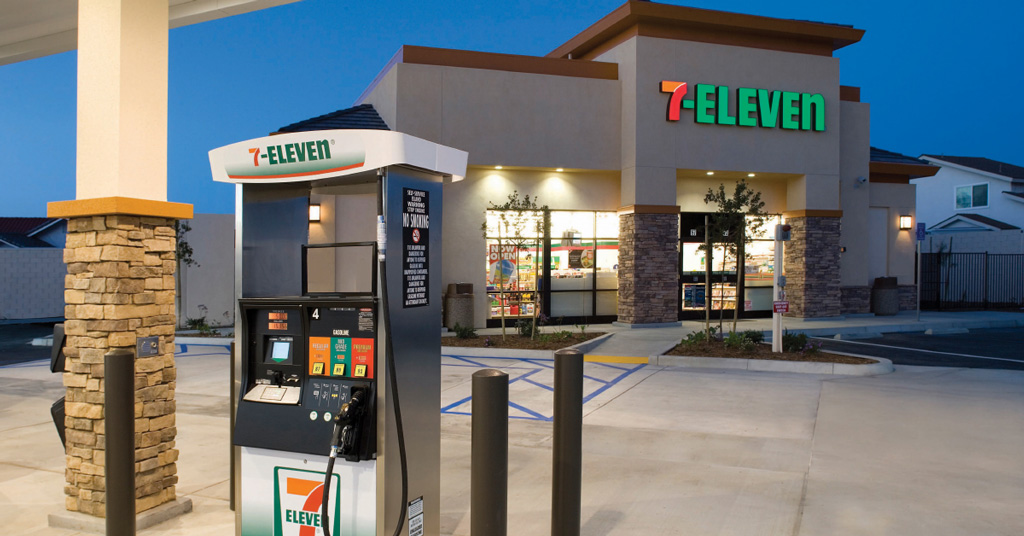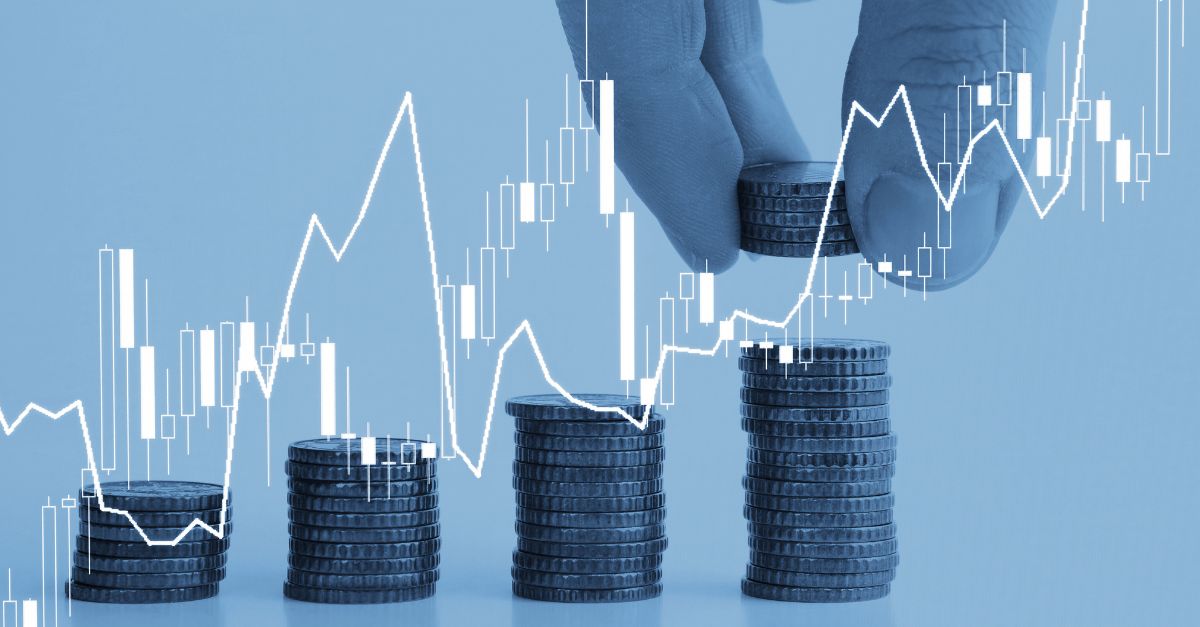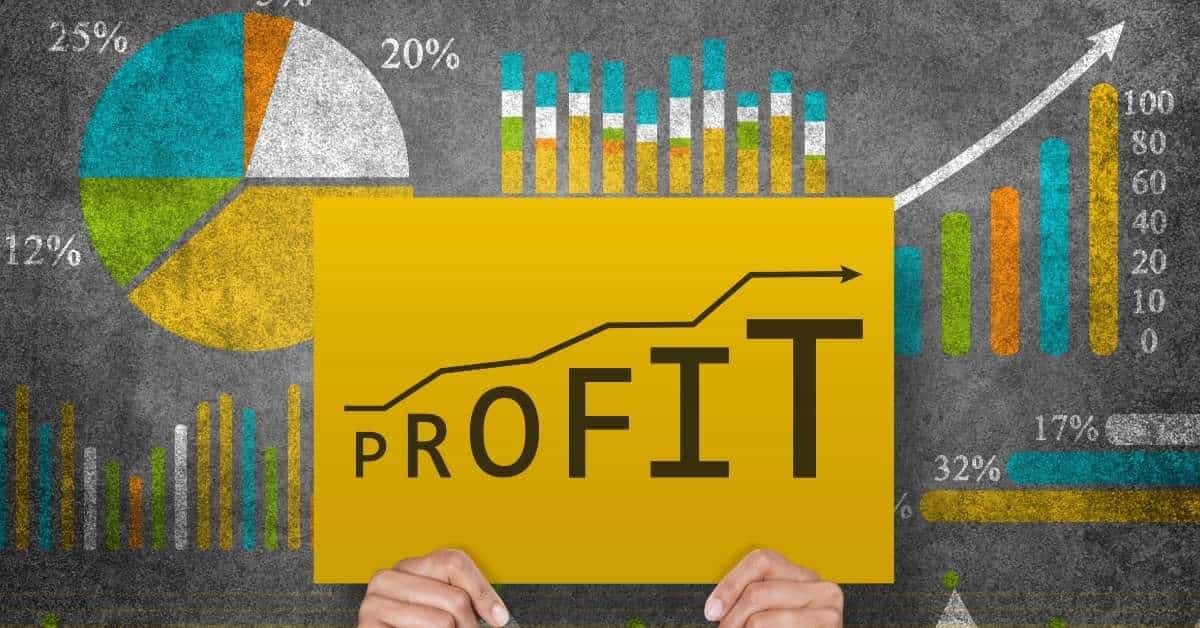Once a $1B unicorn, Tampa’s Pocket Network eyes rebound from crypto crash

Table of Contents
Even by the up-and-down standards of the Web3 industry, Michael O’Rourke had a wild first half of the year.
“Greece, Spain, Amsterdam, Dominican Republic, Colombia, Argentina, France — I was probably home a month and a half out of six months,” said the founder and CEO of Tampa blockchain services startup Pocket Network. For the rest of 2022, “outside of things I actually have to be at, I’m going to be at home here in Tampa.”
Even at home, things probably won’t slow down anytime soon. Since launching its services two years ago, Pocket Network has become one of the most buzzed-about tech startups in Tampa, raising more than $22 million in funding and building partnerships with developers all over the world.
A big highlight came in January, when the company received an estimated valuation of $1.5 billion, making it a rare unicorn in Tampa’s developing startup scene. O’Rourke said that based on the value at the time of POKT — the in-house token that developers must stake in order to connect to a blockchain through Pocket — the company was actually worth closer to $3 billion. But then POKT’s value fell alongside that of Bitcoin, Luna and other cryptocurrencies. While startup tracker Pitchbook still has it listed as a unicorn, Pocket’s current market cap is closer to $100 million — which is no small feat in itself.
O’Rourke — who graduated from Wharton High School and the University of South Florida — still believes in the democratized, decentralized power of Web3, a version of the internet built on blockchain technology and the cryptocurrency marketplace. Headquartered at Tampa startup hub Embarc Collective, Pocket has 57 employees across 15 countries, it’s eyeing another funding round this fall, and O’Rourke believes it can be profitable by the end of 2022.
“The important part is we’re actually building marketplaces for others to come in and participate, not just us,” he said. “I view this as we’re building a country, less so a company.”
On a recent call, O’Rourke, 33, talked about Pocket Network’s rise and valuation, the state of the cryptocurrency industry and more. AThis interview has been edited for length and clarity.
Do you have an elevator pitch for Pocket Network? How do you describe what it is to people who have no idea how the blockchain works, or even what it is?
When you load a webpage and it takes half a second or a second, we’re the thing you use to load that data on your webpage. In our case, it’s specific Web3 applications like wallets and games and DeFi (decentralized finance). That data comes from services like Pocket.
Can you give me examples of how companies are using Pocket’s technology?
Lots of DeFi apps are using us. I think the largest one is Aave. When you go to the Aave website, and you see your ethereum balance or your Aave token balance, part of that comes from Pocket.
Follow trends affecting the local economy
Subscribe to our free Business by the Bay newsletter
We’ll break down the latest business and consumer news and insights you need to know every Wednesday.
You’re all signed up!
Want more of our free, weekly newsletters in your inbox? Let’s get started.
Explore all your options
Philosophically, what drew you to decentralized technology and infrastructure?
That’s a good question. I was born in the Dominican Republic but raised here, and I’ve used Western Union a ton of times to send money to my family, because they all live in the D.R. I worked at a couple of local credit unions here, selling loans. I saw thousands of credit reports, and I saw how hard financial systems can be for people. Then 2013 is when I got into bitcoin, and I really started to believe in it. I became a developer and started working with different APIs (application programming interfaces), whether it was Google, Twitter, Facebook. And you can see how for things that are effectively public goods, but run by single leaders, they just make one change and it screws everything.
Did the pandemic act as a speedbump in your development?
No in the development (of Pocket), yes in the prospects for funding, at least at the time. We had to cut salaries by 20 percent. We did that for 10 months. We ended up launching in July 2020 with about two and a half, three months of runway left. And that’s when we actually managed to raise about $9.5 million. Once we launched it and proved it worked, they said, “Okay, these guys actually believe they can build it.”
Market caps and valuations are always a little flimsy, because you never really know how much a company’s actually worth. If the valuation of Pocket was $2.5 billion or more in January, and now it’s $100 million or so, it’s not like you’ve lost $2.4 billion. But it’s a big change. What does it mean to you that that valuation has changed so dramatically?
It doesn’t matter to me, outside of certain conversations with (cryptocurrency) exchanges and custody providers. My view is that if we build something useful, if we build a sustainable two-sided marketplace, the value will fall to that. I’ve been in this space long enough to see 95, 98 percent corrections, and not really care. So long-term, the price doesn’t really make a difference. If we build value, that’ll follow.
Is the decline in Pocket’s valuation a function of the cryptocurrency crash in the last six months?
Once we got listed (on cryptocurrency exchanges), we got pretty correlated with the rest of the market. It’s also a result of the costs of the network, actually. At one point, the network was costing — and when I say costing, I mean the cost of the infrastructure that people are running to operate the network — somewhere on the order of $40 – $45 million a year. That’s a lot of sell pressure to cover costs. That triggered the community and us to find better efficiencies for the network. We sacrificed efficiency for distribution, effectively. We wanted to prove that this network could operate at scale, and now we’re going towards efficiency and sustainability.
If the biggest blockchain story during the first half of the year was cryptocurrency and the crash, the biggest blockchain story over the second half of the year will be…?
Regulatory scrutiny. Across the board, would be my guess.
Does that concern you?
Not us. We’re not in DeFi. We’ve really done everything as above board as we possibly can. We’re operating in a gray area. If we get a love letter from the SEC, we’ll be happy to show them everything, but it doesn’t concern our space so much. It more concerns me on the level of regulating stablecoins, DeFi, that sort of thing. My concern is blanket stuff rather than sensible things.
Has the year impacted you outside of work? You’ve been investing in bitcoin for a long time, so your personal fortunes have probably dipped along with that.
Last year, I sold everything and bought Pocket. So I’m going down with the ship.







